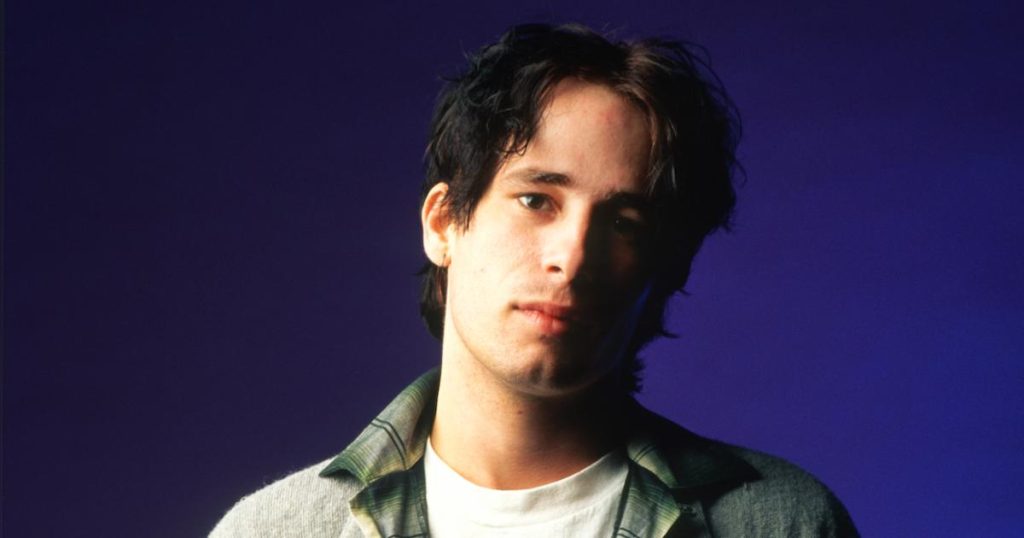Mary Guibert, the mother of the late musician Jeff Buckley, faced a difficult decision when Brad Pitt expressed interest in portraying her son in a biopic. While Pitt’s star power and genuine admiration for Buckley were undeniable, Guibert harbored reservations about the authenticity of such a portrayal. She questioned whether any actor, even one as talented as Pitt, could truly capture the essence of her son’s unique artistry. The idea of altering Pitt’s physical appearance to resemble Buckley felt superficial, a mere cosmetic imitation that wouldn’t do justice to the depth and complexity of the musician’s persona. Guibert’s skepticism stemmed from a deep desire to protect her son’s legacy and ensure that any representation of his life would be a true reflection of his spirit and artistry.
Despite her initial reluctance, Guibert remained open to the possibility of a film about Buckley’s life. She maintained a dialogue with Pitt, exploring different avenues to honor her son’s memory. This collaborative process, which also involved director Amy Berg, eventually led to the decision to create a documentary rather than a dramatized biopic. As Guibert delved into Buckley’s personal archives, listening to his voicemails, demos, and reading his journals, she realized the power and intimacy of his own words and music. A documentary format, she believed, would allow Buckley’s story to unfold organically, using his own voice and creative output to paint a more authentic portrait of his life and struggles.
The resulting documentary, “It’s Never Over, Jeff Buckley,” premiered at the 2025 Sundance Film Festival, offering a poignant and revealing look into the musician’s brief but impactful career. The film explores Buckley’s complex relationship with his father, renowned musician Tim Buckley, who abandoned the family when Jeff was an infant and later died of a drug overdose at the young age of 28. The documentary also chronicles Buckley’s rise to fame, signing a lucrative record deal with Columbia Records and releasing his critically acclaimed album “Grace” in 1994. The film delves into the immense pressure Buckley faced following the album’s success, grappling with the weight of expectations and the adoration of both fans and fellow musicians, including his personal idol, Bob Dylan.
“It’s Never Over, Jeff Buckley” also addresses the tragic circumstances surrounding the musician’s untimely death in 1997. Buckley drowned in the Wolf River, an incident that initially sparked speculation and rumors. The documentary sheds light on the autopsy results, which confirmed drowning as the cause of death, dispelling the misconception that Buckley had overdosed. Director Amy Berg criticizes a previous investigation by Rolling Stone magazine for omitting the autopsy findings, which she believes perpetuated false narratives about Buckley’s death. The film seeks to clarify the events of that fateful night, emphasizing the powerful undertow of the river as the primary factor in Buckley’s tragic demise.
The documentary also highlights the enduring legacy of Jeff Buckley’s music and its continued resonance with new generations of listeners. Berg notes Buckley’s surprising popularity on platforms like TikTok, where the hashtag dedicated to him boasts more followers than even Bob Dylan’s. This resurgence in popularity underscores the timeless quality of Buckley’s music and its ability to connect with audiences across different eras. The film emphasizes the unique and almost mystical way in which people discover Buckley’s music, often at pivotal moments in their lives, suggesting that his work has a profound and lasting impact on those who connect with it.
“It’s Never Over, Jeff Buckley” stands as a testament to the artist’s enduring influence and the power of his music. By opting for a documentary format, Mary Guibert ensured that her son’s story would be told with authenticity and respect, allowing his own voice and creative output to take center stage. The film provides a nuanced and intimate portrayal of a complex artist, exploring his struggles, his triumphs, and the tragic circumstances surrounding his untimely death. The documentary’s success at the Sundance Film Festival and the continued resurgence of Buckley’s popularity highlight the enduring power of his music and its ability to connect with listeners across generations. The film serves as a poignant reminder of the artist’s enduring legacy and the profound impact he continues to have on the world of music.

